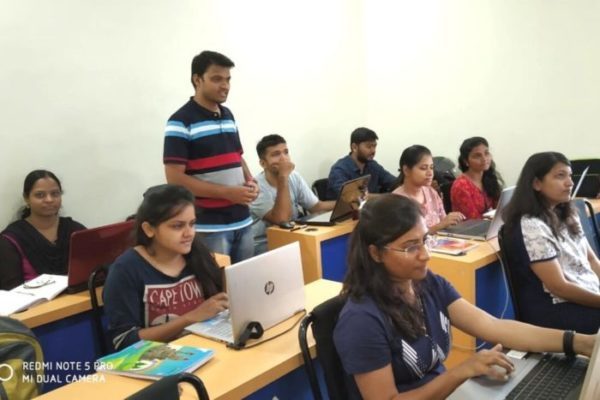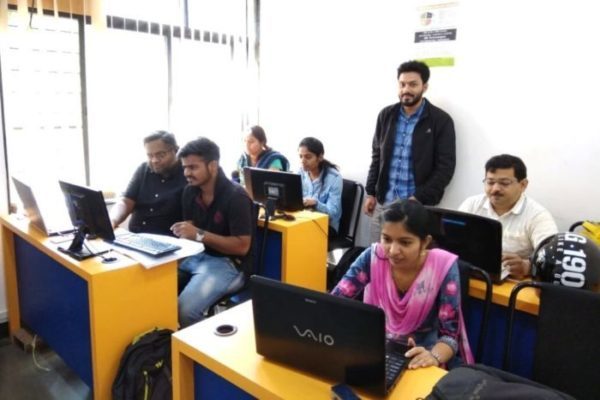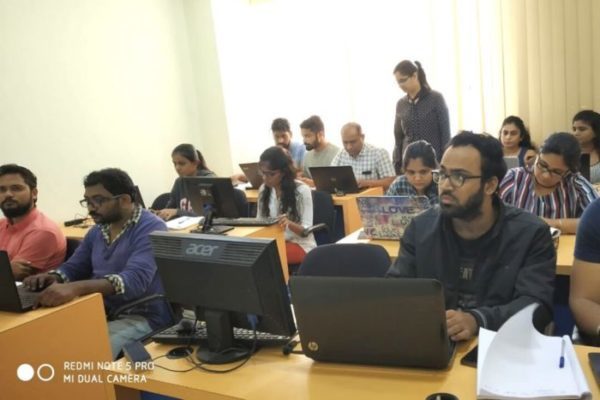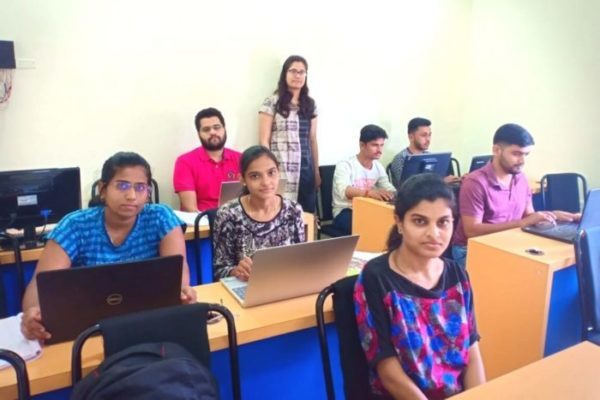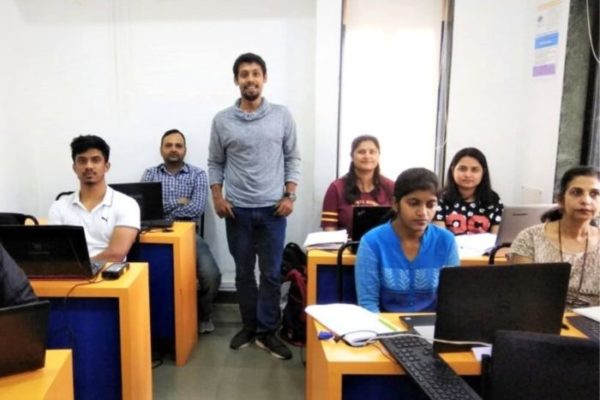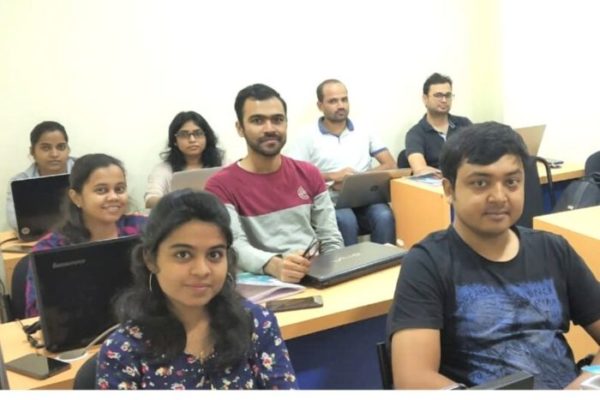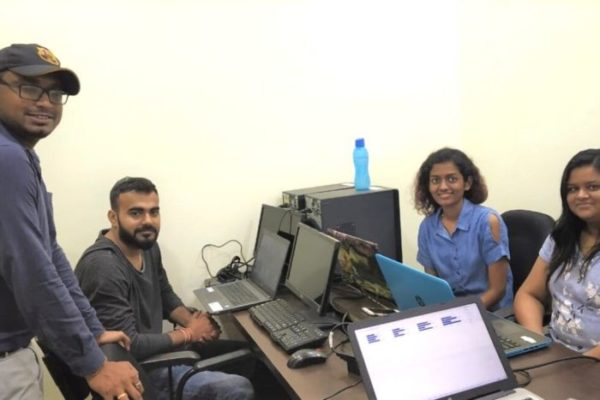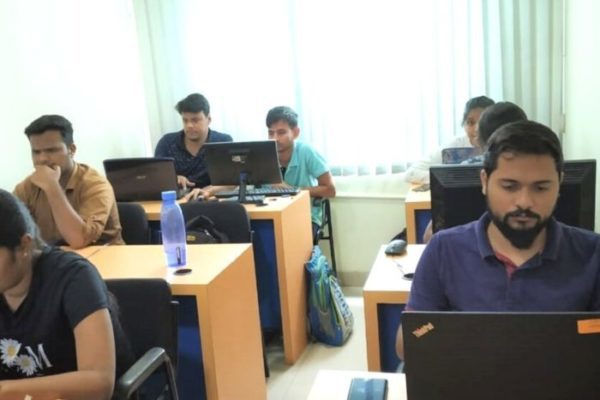Python Course In Noida
Python Training In Noida
Looking for Python courses in Noida? 3RI Technologies offers industry-leading Python training in Noida with expert instructors and hands-on projects. Our Python course in Noida covers a wide range of topics, from basics to advanced concepts, helping you build strong programming skills. Whether you’re starting from scratch or looking to deepen your expertise, our training is designed for all levels. Join the best Python training Noida offers and boost your career in the world of Python development.
Key Features
Course Duration : 8 Weeks
Live Projects : 1
Online Live Training
EMI Option Available
Certification & Job Assistance
24 x 7 Lifetime Support
Our Industry Expert Trainer
We are a team of 10+ Years of Industry Experienced Trainers, who conduct the training with real-time scenarios.
The Global Certified Trainers are Excellent in knowledge and highly professionals.
The Trainers follow the Project-Based Learning Method in the Interactive sessions.
Python Course in Noida Overview
If you’re looking to build a solid foundation in programming, 3RI Technologies offers one of the best Python training in Noida. Our comprehensive Python course in Noida is designed to cover everything from basic syntax to advanced concepts, ensuring you’re well-equipped to tackle real-world projects. With hands-on training, you’ll learn practical skills, such as web development, automation, data analysis, and machine learning, all of which are in high demand in the tech industry today.
Our Python training Noida is perfect for beginners as well as those looking to advance their skills. Whether you’re aiming for a career in software development, data science, or automation, this course will provide the tools and knowledge you need. Join the best Python training in Noida and transform your career prospects. With expert instructors and a detailed curriculum, you’ll be well-prepared to pass certification exams and pursue various job opportunities.
Start your journey towards becoming a skilled Python developer today with 3RI Technologies and take your career to the next level with top-notch training.
Python Course features
- Job Assistance
- 24/7 Lifetime Learning Support
- Hands-on Real-time Projects
- Live Online Training Classes
- Assignments & Mocks
- Industry expert proficient trainers
- Flexible Batch Timings
- Extra Sessions
Prerequisites
No specific requirements, but having a basic understanding of programming would help grasp things easier.
Course Duration
40 hours, i.e., 8-9 weeks approx.
Who all can apply for this course?
- Software Developer or Software Engineer
- Data Scientists
- Data Analysts
- Automation Tester
Easy to learn: Uniformity and simplicity are among the most popular objects why Python is developing and is asked by several companies in and around India. Theories like conditions, functions, loops, libraries, coding, and other such technical parts are more comfortable to learn than learning them in C or C++languages.
Efficient: Using Python, you can do nearly anything you want. From website development to develop an application – everything is done with ease. You can make use of various regular expressions instead of the complex loops and conditions. Python applications are simple to write and explain, which conflicts with what you get with other programming languages. This covers all fields like machine learning, AI, data visualization, and web development.
Completing this Python training course in Noida will enhance your career in a new way with excellent career options. These days thousands of most flourishing technical companies are using Python, including Google, Netflix, Reddit, Lyft, Spotify, and more. Python offers several sharp paths to obtaining significant work. While some of those inherent job profiles may seem obvious, there are several other options to go for with them. There is no doubt in admitting that Python has become one of the most beneficial programming languages to learn if you are willing to upskill your profession.
Job Opportunities with Python
Python implementation and coding is a super readable format, which other programming languages cannot offer. Even a short in Python aims to be prosperous.
Job Profiles with Python
- Python Developer
- Data Scientist
- Product Manager
- Research Analyst
- Financial Advisor
- Software Developer
- Data Analyst
- Software Engineer
- Data Journalist
Once you are done with your python training in Noida, you can also start your new career in the most well-known and which are popularly known as the future of technologies, like:
- Artificial Intelligence
- Machine Learning
- Data Science
Python Salary
Fresher Python Developer can anticipate earning an average total salary of around Rs. 587,696. A direct career Python Developer with 1 to 5 years of experience makes an average total compensation of Rs. 735,049. And a mid-career Python Developer with 6 to 9 years of experience draws an average total wage of Rs. 1,025,107. A refined Python Developer with 10 to 20+ years of experience gets an offer out pay of Rs. 1,600,000.
Syllabus for this Python course in Noida
3RI Technologies Python Certification Training in Noida will help you boost your skills in all terms of python programming. We offer live-instructor-led sessions that will help you in comprehending the notions included in Python. With our Python training in Noida, you will learn Python programming concepts like Data Structure, Strings, Data types, tuples, GUIs, basic operators, functions, Multi-threading, Data Manipulation, Expressions, and more. Gain an absolute understanding of Python OOPS concepts and more with the 3RI technologies Python course in Noida.
Below is the syllabus of our course:
Skills Required
- No Prerequisites for Python certification training
- Basic knowledge of SQL is advantageous
Python Course Syllabus
Best-in-class content by leading faculty and industry leaders in the form of videos, cases and projects, assignments and live sessions
- An Introduction to Python
- Why Python, its Unique Feature and where to use it?
- Python Environment Setup
- Discuss about IDE’s like IDLE, Pycharm and Enthought Canopy
- Start programming on an interactive shell.
- Python Identifiers, Keywords
- Discussion about installed module s and packages
- Access Command line arguments within programs
- Conditional Statement, Loops, and File Handling
- Python Data Types and Variable
- Condition and Loops in Python
- Decorators
- Python Modules & Packages
- Python Files and Directories manipulations
- Use various files and directory functions for OS operations
- Python Core Objects and Functions
- Built in modules (Library Functions)
- Numeric and Math’s Module
- String/List/Dictionaries/Tuple
- Complex Data structures in Python
- Arbitrary data types and their Data Structure
- Python built-in function
- Python user-defined functions
- Python packages and functions
- The anonymous Functions – Lambda Functions
- Object Oriented Python
- OOPs Concepts
- Object, Classes and Destroying Objects
- Accessing attributes, Built-In Class Attributes
- Inheritance and Polymorphism
- Overriding Methods,
- Abstraction and Encapsulation
- Regular Expression
- Regular Expressions
- What are regular expressions?
- The match and search Function
- Compile and matching
- Matching vs searching
- Search and Replace feature using RE
- Extended Regular Expressions
- Wildcard characters and work with them
- Multithreading
- Multithreading with Python
- What is multithreading?
- Starting a New Thread
- The Threading Module
- Synchronizing Threads
- File Handling
- Writing data to a file
- Reading data from a file
- Read and Write data from CSV file
- OS module
- Rename and Removing files, directories
- Exception Handling in Python
- Exceptions Handling
- Handling various exceptions using try….except…else
- Try-finally clause
- The argument of an Exception and create a self exception class
- Python Standard Exceptions
- Raising an exceptions, User-Defined Exceptions
- Debugging Python Programs
- Debug Python programs using pdb debugger
- Assert for debugging
- Standard project setup in Python
- Modules & Packages
- Modules
- How to import a module?
- Packages
- How to create packages
- Database Handling
- Create Database Connection
- Creating and accessing SQLite database
- Python with MySQL Database
- Creating Database table
- CRUD operation on a database
- Performing Transactions
- Handling Database Errors
- Disconnecting Database
- Basics of Web Page Creation
- Understanding of basic HTML /CSS
- HTML Header, paragraph
- Various tag for button, label and combo-box
- Creation of forms in HTML
- Django Framework
- Introduction to Django
- MVT Architecture
- How to create Django App
- Url Mapping
- Templates
- Introduction to static file
- Django Model Overview
- Creating model
- Model template view creation
- Django forms and validation
- Relative Url with Template
- Interacting with a Database: Models
- Overview of Models
- Creating Models
- Configuring the Database
- Your First App
- Using Django with MySQL.
- Models-Templates-Views Paradigm
- Inserting and Updating Data
- The Django Administration Site
- Activating the Admin Interface
- Using the Admin Interface
- Users, Groups, and Permissions
- Selecting an Objects
- Deleting an Objects
- Views and Templates
- URL Template Inheritance
- Template Inheritance Coding Example
- Quick Note on Custom Template Filters
- Template Filters and Custom Filters
- Template Filters Coding Examples
- Django Passwords
- Deploying Django Framework
- Form Processing
- Django Forms
- Form Validation
- Model Forms
- Relative URLs with Templates
- Relative URLs Coding Examples
- Project Work
- Discussion on Overview and requirements of Project
- Creation a Web-based Application
- Fundamentals of Data Science and Machine Learning
- Introduction to Data Science
- The need for Data Science
- BigData and Data Science’
- Data Science and machine learning
- Data Science Life Cycle
- Data Science Platform
- Data Science Use Cases
- Skill Required for Data Science
- Mathematics For Data Science
- Linear Algebra
- Vectors
- Matrices
- Optimization
- Theory Of optimization
- Gradients Descent
- Linear Algebra
- Introduction to Statistics
- Descriptive vs. Inferential Statistics
- Types of data
- Measures of central tendency and dispersion
- Hypothesis & inferences
- Hypothesis Testing
- Confidence Interval
- Central Limit Theorem
- Probability and Probability Distributions
- Probability Theory
- Conditional Probability
- Data Distribution
- Binomial Distribution
- Normal Distribution
Machine Learning
Python for ML along with Module1
- Introduction to NumPy
- Array Operations
- Arrays Functions
- Array Mathematics
- Array Manipulation
- Array I/O
- Importing Files with Numpy
- Data Manipulation with Pandas
- Data Frames
- I/O
- Selection in DFs
- Retrieving in DFs
- Applying Functions
- Reshaping the DFs – Pivot
- Combining DFs
- Merge
- Join
- Data Alignment
- SciPy
- Matrices Operations
- Create matrices
- Inverse, Transpose, Trace, Norms , Rank etc
- Matrices Decomposition
- Eigen Values & vectors
- SVDs
- MatPlotLib
- Basics of Plotting
- Plots Generation
- Customization
- Store Plots
- SciKit LearnBasics
- Data Loading
- Train/Test Data generation
- Preprocessing
- Generate Model
- Evaluate Models
Machine Learning
- Exploratory Data Analysis
- Data Exploration
- Missing Value handling
- Outliers Handling
- Feature Engineering
- Feature Selection
- Importance of Feature Selection in Machine Learning
- Filter Methods
- Wrapper Methods
- Embedded Methods
- Machine Learning: Supervised Algorithms Classification
- Introduction to Machine Learning
- Logistic Regression
- Naïve Bays Algorithm
- K-Nearest Neighbor Algorithm
- Decision Tress (SingleTree)
- Support Vector Machines
- Model Ensemble
- Bagging
- Random Forest
- Boosting
- Gradient Boosted Trees
- Model Evaluation and performance
- K-Fold Cross Validation
- ROC, AUC etc…
- Machine Learning: Regression
- Simple Linear Regression
- Multiple Linear Regression
- Decision Tree and Random Forest Regression
- Machine Learning: Unsupervised Learning Algorithms
- Similarity Measures
- Cluster Analysis and Similarity Measures
- K-chical Clustering
- Principal means Clustering
- HierarComponents Analysis
- Association Rules Mining & Market Basket Analysis
- Text Mining
- Basics
- Term Document Matrix
- TF-IDF
- Twitter Sentiment Analysis
- Project Work
- Machine Learning end to end Project blueprint
- Regression predictive modeling – House Price Prediction
- Classification predictive modeling – Binary Classification
- Widespread coverage for each Topic
- Various Approaches to Solve Data Science Problem
- Pros and Cons of Various Algorithms and approaches
- Introduction to Selenium
- Introduction to Automation Testing
- Why Automation Testing
- Introduction to Selenium components
- History and various versions of selenium
- What is Selenium 3.0
- Advantages of using Selenium over other tools.
- Installation and setting up the environment
- Installation of Python
- Automation Setup for Selenium Web Driver
- Install and Configure PyDev in Eclipse
- Selenium-IDE
- Introduction
- IDE Features
- Building & Running Test Cases
- Building and Running Test Suites
- Selenium Web Driver 2.0
- Why Selenium Web Driver
- What is a Driver
- Download & configuring Web driver
- Architecture of selenium web driver
- Drivers for Firefox, IE, chrome
- Identification of Locators
- Tools to identify elements/objects
- Different methods of finding an element
- By ID, By name, class
- By Xpath, By Tag name
- By Link text
- By CSS
- Using Effective X-path
- Selenium Commands
- Various types of operation that can be
- performed on any elements and how to use them.
- Browser Commands, Navigation Commands
- Working with a different browser
- Handling Checkbox, RadioButton
- Dropdown and Select Operations
- Capturing Screenshots
- Handling Keyboard Event and Mouse Event
- Multiple Window Handling
- Alert & Pop Up Handling.
- Wait Commands in Selenium
- Implicit Wait
- Explicit Waits, Expected Conditions
Advanced Selenium
- Framework Designing
- What is Framework
- Different Types of Framework.
- How to Design a framework?
- Data-Driven Framework using Excel
- Reading and writing data from Excel
- Executing Testcases from Excel
- PyTest Framework
- Introduction to PyTest framework
- Installing PyTest
- PyTest Fixtures
- Parametrized Test Functions
- Running multiple tests using PyTest
- Generating Test report
- Unit Test Framework PyUnit
- Basic of pyunit
- pyunit Installation
- pyunit annotation
- Test Case creation
- Test Case execution
- Assertions/Reporting Errors
- Suite execution
- pyunit Reports
- Using pyunit in Selenium
- POM Framework
- Advantages of POM
- How to implement
- Using Page Object and Page Factory
- Continuous Build Integration tools- Jenkins
- What is Jenkins and how to use it
- Installation and configuration of Jenkins
Front End Technologies
- HTML
- Introduction and Basic Structure of HTML
- Basics, Elements, Attributes
- Paragraphs and Formatting
- HTML Skeleton, Links, Images
- HTML Tables, Blocks
- HTML Lists, Quick List
- HTML Blocks
- HTML Layouts & Forms, IFrames
- HTML Colors
- CSS
- Introduction
- Syntax
- Id & Class
- Backgrounds
- Text and Fonts
- Links and Lists
- Box Model
- Advanced Topics
- Dimensions, Display
- Positioning, Floating
- Align
- JavaScript
- Introduction
- Statements & Comments
- Variables
- Operators and Comparisons
- Conditional Statements and Loops
- User Defined Functions
- JS Objects
- JS Validations
- Bootstrap
- What is Bootstrap and its Setup
- How to Create a Layout in Bootstrap
- Grid Classes
- Basic Tags in Bootstrap
- Contextual colors and backgrounds
- Table in Bootstrap
- Bootstrap Basic Tables
- Striped Rows, Hover Rows
- Bordered Table, Condensed Table
- Responsive Tables
- Navigation bar in Bootstrap
- Inverted Navigation Bar
- Fixed Navigation Bar
- Navigation Bar with Dropdown
- Right-aligned Navigation Bar
- Collapsing the Navigation Bar
- Form & Buttons in Bootstrap
- Vertical Form
- Horizontal Form
- Inline Form
- Block Level Buttons
- Active/Disabled Button
Database Handling with Python
- Python MySQL Database Access
- Create Database Connection
- DML and DDL Operations with Databases
- Performing Transactions
- Handling Database Errors
- Disconnecting Database
- Database Handling with NoSQL DB
- SQL vs NoSQL
- MongoDB
- PyMongo
- Establishing a Connection
- Accessing Database
- DML and DDL Operations
Project Work
- User Login and Registration site
- Create an online Test evaluation system for Institute
- Building an E-commerce site in Django

Claim your free expert counseling session today!

Do you want to book a FREE Demo Session?
Who can apply for the course?
- Graduates who want to become Python Developer
- BE / BTech / MCA passed aspirants to make their career as Web Developers / Data Scientists
- IT-Professionals who want to get career as Programming Expert
- Professionals from non-IT bkg, and want to establish in IT.
- Candidate who would like to restart their career after a gap.
- Web Designers for next level of their career.
Want an Expert Opinion?

Industry Projects
Learn through real-life industry projects sponsored by top companies across industries
- Project Implementation with Real-Time Scenario.
Dedicated Industry Experts Mentors
Receive 1:1 career counselling sessions & mock interviews with hiring managers. Further your career with our 300+ hiring partners.
Skills to Master
Web scraping
Django
Operators
Methods
Functions
Data Structures
Pandas
NumPy
Libraries
Matplotlib
Loops
Errors and exceptions
Tools to Master


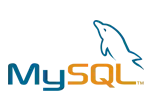



I'm Interested in This Program

Get Free Career Counseling
Talk to a counselor in 5 minutes
Having trouble? Call us at 8308103366 or Chat on WhatsApp.
Our Clients
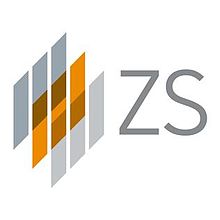
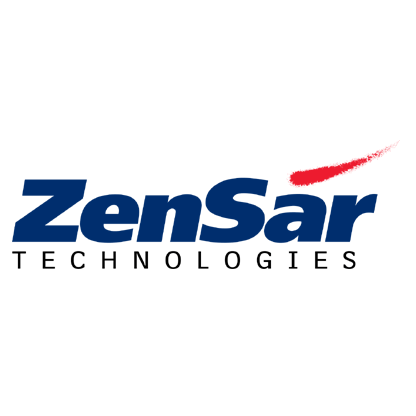
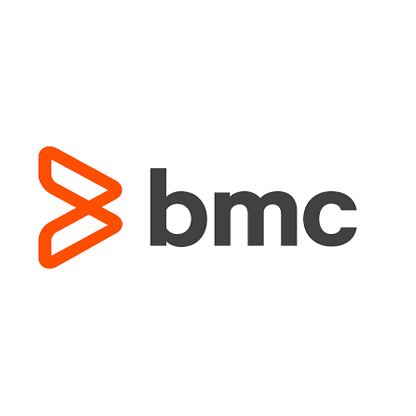

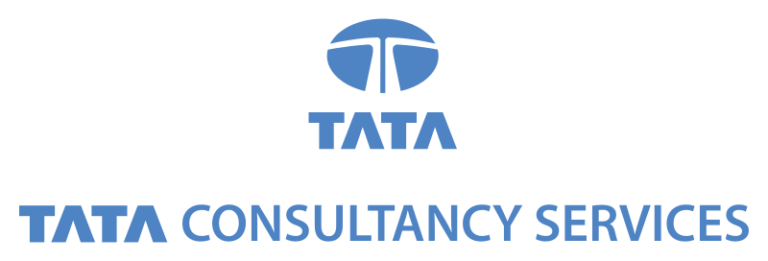
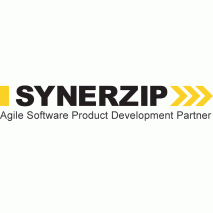
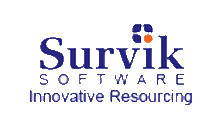

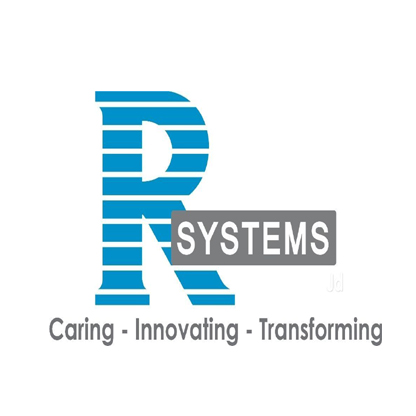


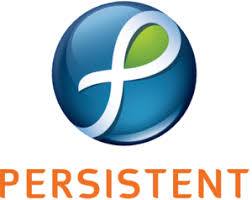






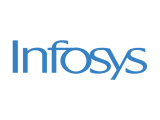
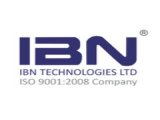
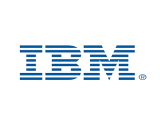





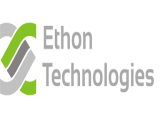
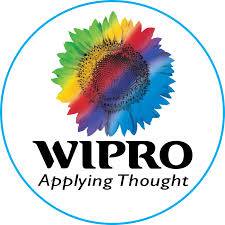
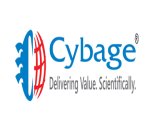
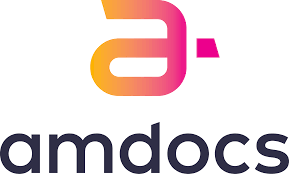

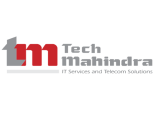


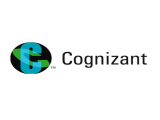




Python Training Testimonials
What our students talks about us. If you were student of 3RI and wants to share your thought about us, kindly mail or call us.






Python Information
- What Is Python Used For?
- Best Technologies To Learn In IT Industry 2020
- Top 10 Job Oriented Courses After Graduation
- Python Interview Questions and Answers
- What is Python used for in Programming
- Python Best Practices: 5 Tips For Better Coding
- Is Python Easy To Learn?
- Python vs PySpark
- Python Vs Scala
- Advantages And Disadvantages Of Python
- For Best Quality Python Programming Classes in Pune, Join 3ri Technologies!
- Trending Software Courses For 2023
- Why Learn Python? Top 10 reasons to learn Python Programming in 2020
- Top Python Frameworks For Developers in 2023
- Python Developer Salary in India
- Python Vs C Language : Which Programming Language Is Right For You?
- Python vs Java
- Python vs PHP
- Python vs Tableau
- Python Vs Go
- A/B Testing Using Django
- Python Developer Resume

